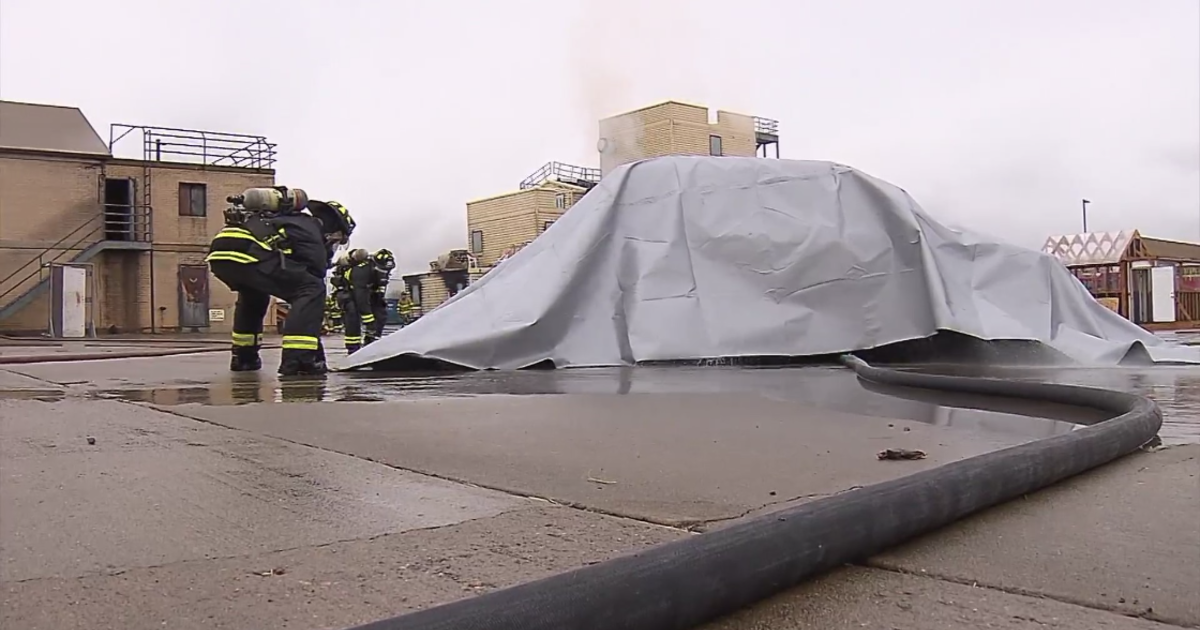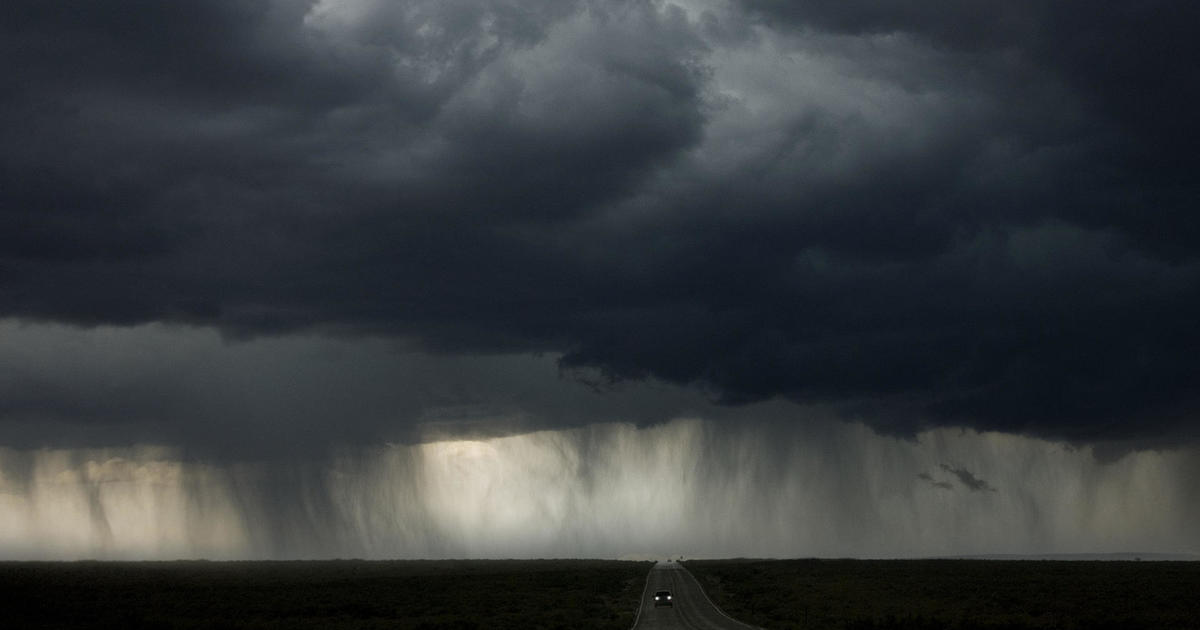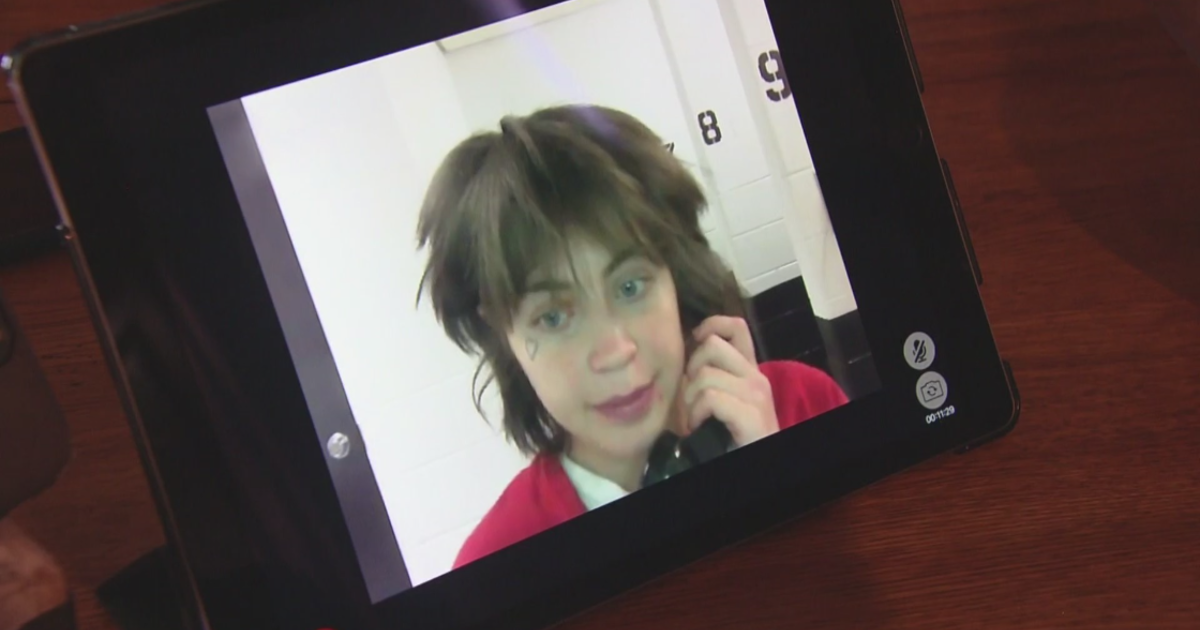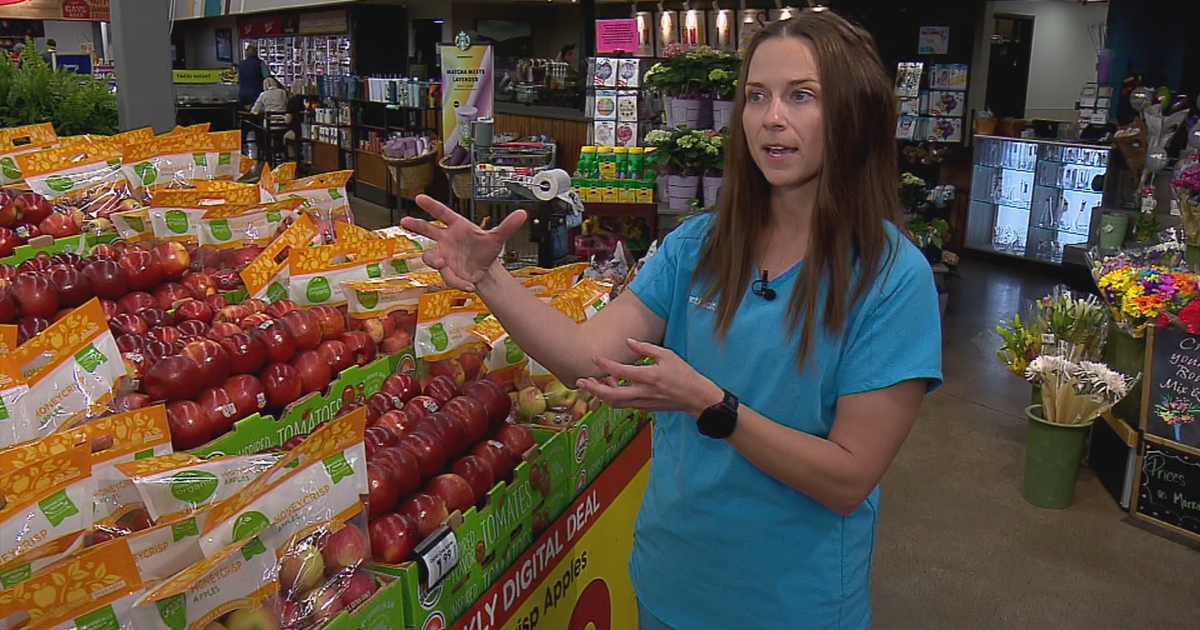Don't Get Burned By Your Sunscreen: 4 Things To Know
The good news is that more and more people are using sunscreen. The not-so-good news is that people often don't know exactly what they are using for sun protection or what the label really says about how effective the product is.
A new study in the journal JAMA-Dermatology reveals some sizable gaps in four key issues about sunscreens -- issues that can make or break the protection that sunscreen is supposed to provide. You don't want to get burned by what you don't know.
- For example: do you know what the SPF means? The survey found that most people don't. The SPF is a measure of protection against UVB rays -- the kind that causes sunburn and wrinkles ... and skin cancer. Its does not protect you from UVA rays.
- Higher isn't always better when it comes to SPF. For example: an SPF of 15 means that you can stay in the sun 15X longer with less risk of sunburn than going out without protection. An SPF of 30 means you can stay out 30X longer. SPF 50 equals 50X longer. But what does that mean when it actually comes to protection … after all, we tell you to reapply at least every 2 hours no matter the strength.
Plus, an SPF 15 filters 93 percent of UVB rays. An SPF 30 filters 97 percent. SPF 50 filters 98 percent. So you see that there's little difference between 30 and 50 -- except for the price.
- How about those UVA rays? Those are the ones that cause deep skin damage. That includes certain skin cancers as well as wrinkles and changes in skin pigment. In other words, that "raisin" look after years in the sun. The SPF isn't going to save you with this one. You need to find the term "Broad Spectrum" on the label. In the study, more than 65 percent of people didn't know what "Broad Spectrum" meant.
- Finally, most people didn't know how much sunscreen to use. Dermatologists say don't be cheap -- use at least a "shot glass" sized amount of sunscreen. Less sunscreen can mean less protection.
So the magic formula seems to be: SPF 30, broad spectrum, reapply at least every two hours, and use enough to fill a shot glass.
Happy sunshine!
Dr. Dave Hnida is CBS4's Medical Editor. He blogs about the latest studies and trends in the health world. Read his latest blog entries, check out his bio or follow him on Twitter @drdavehnida



